How to avoid limescale in a kettle. 4 proven methods
Are you satisfied with the quality of your tap water? The water in our city is terrible. You boil the kettle several times, and there is already a white coating on the walls. And after a month, a real crust appears and smells like in a chemical reagent room.
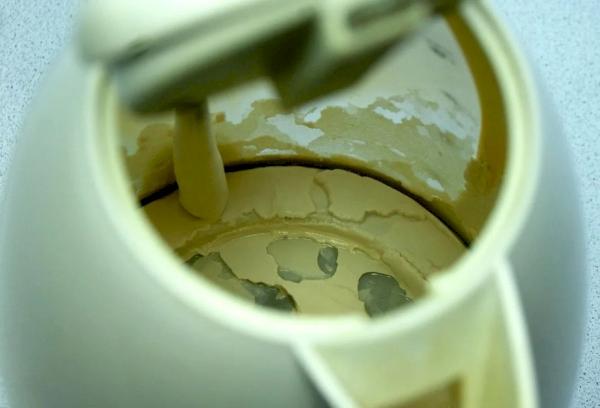
I collected information for a long time and found several excellent ways to combat scale. I’ll tell you about them all – and you choose the one that’s more convenient.
First about the reasons
Scale appears because there are many foreign chemical compounds in the water. Iron (and rust from pipes), chlorine, calcium and magnesium salts and other nasty things. When heated, they enter into a chemical reaction and form a hard precipitate that does not dissolve in water.
Neither boiling nor household filter jugs remove these salts. Don't believe me? Try dissolving regular kitchen salt in water. And then pass the liquid through a household filter. At the exit you will get the same salty water.
The reason is simple. Jug filters remove only mechanical contaminants - rust, tiny pieces of silt, cloudy suspension. To remove chemical impurities from water, special filters are needed. And they are much more expensive.
Softener filters
This is a whole system that consists of 3-4 blocks of mechanical and chemical cleaning.
Softener filters are installed directly into the water supply system and are connected to a separate tap. Yes, you will also have to install it, so you will also spend money on remodeling the sink.
Such pleasure costs from 5 to 10 thousand. Expensive, but what can you do?
And don't forget about service.The fillers in the blocks wear out and need to be replaced. And the price for 1 piece is from 1000 rubles.
And yet, my husband and I chose this option for the apartment. Now I just open the tap and I get excellent water without hardness salts. And at the same time, the filter removes hormones, antibiotics, and detergent residues dissolved in water - yes, they also end up in our tea!
Osmotic filters
And this option is even more expensive! Prices for osmotic filters start from 10 thousand and go up to infinity.
The filter forces water through a special membrane with microscopic cells. Molecules H2O pass through it, but foreign impurities do not. Pass a saline solution through such a membrane and get fresh drinking water without a single bacteria.
More sophisticated models then also mineralize the water - adding useful minerals to it in natural concentrations.
If we were richer, we would buy just such a filter. But alas, alas...
Purchased purified water
We chose this option for my mother. Grandma refused to install filters - she didn’t want “extra fuss.” That's why we order purified water delivered to her home.
We have been using the service for six months now and there is no scale in the kettle.
The main thing here is not to miss the deal with the supplier. Carefully read reviews on the Internet. There are tricksters who sell regular tap water instead of purified water.
Ways to protect your kettle
At our dacha we don’t have a central water supply, so I’m generally silent about delivery. But there is a well - and the water in it is quite hard. Therefore, I got the hang of descaling the kettle cheaply and cheerfully.
Lemon acid
My favorite way. Simple, fast, cheap and no foreign odors.
- Fill the kettle to the maximum level with water.
- Add 10 g of citric acid there.
- Boil the kettle.
During the heating process, the acid will react with calcium deposits and they will dissolve.
If there is a lot of deposits, do not pour out the water immediately after turning off the kettle. Leave it for 20 minutes - during this time the plaque will completely disappear.
Don't forget to rinse the kettle thoroughly! Citric acid is harmless, but will make your tea taste sour.
Fruit peelings
A completely natural and free way.
- When making apple pie, don't throw away the peelings. Place them in a teapot.
- Fill the container with water and boil for at least 30 minutes.
During this time, fruit acids will destroy all scale.
My neighbor really likes this method. He says that the tea then smells like apples and pears. But I do not love. Firstly, it is inconvenient to pick out the cleaning from the kettle. And secondly, they paint the enamel. Imagine a saucepan after compote - it’s exactly the same story.
Instead of fruit peelings, you can use lemon cut into pieces. A little more expensive, but the aroma is pleasant and does not stain.
Vinegar
The method is very similar to the option with citric acid. Add vinegar to the water until it tastes sour and boil until the plaque dissolves.
Cheap and easy. But keep in mind: the smell in the kitchen will be killer. And if you have a plastic kettle, the material will absorb the vinegar odor and transfer it to all drinks. Coffee with vinegar is a bit of an acquired taste.
One friend told me that she removes scale with brine from cucumbers - it removes everything until it shines. I didn't dare test this method. I imagined the smell and immediately refused.
Cola and Sprite
No joke, it really works! Just pour a bottle of Coca-Cola or Sprite into the kettle and boil. These drinks contain aggressive acids, they are not just plaque - they dissolve metal.
There are no problems with smells here! The kettle smells of lemon - or molasses and vanilla, depending on what drink you used.
But a little expensive. And the nephews are offended: why pour such delicious food down the sink? Auntie, give it to us, we'll have a drink!
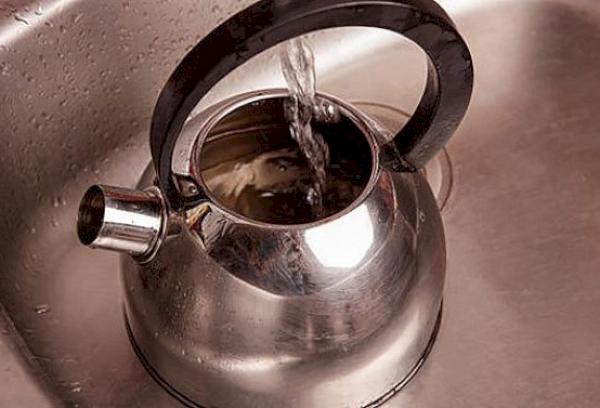
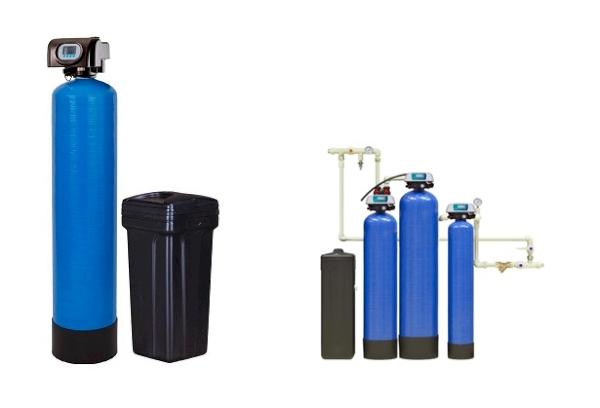
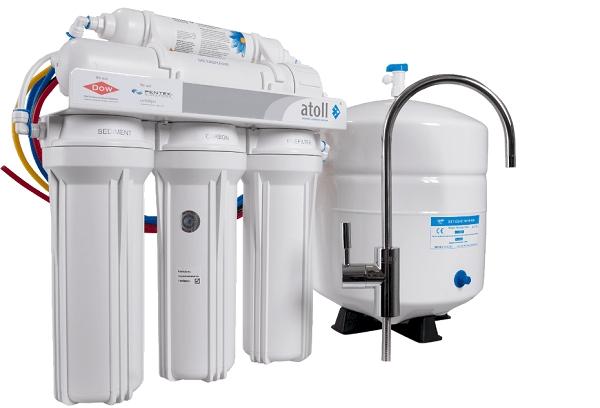
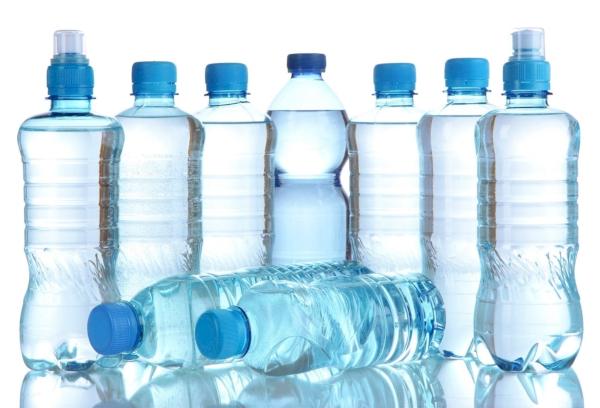
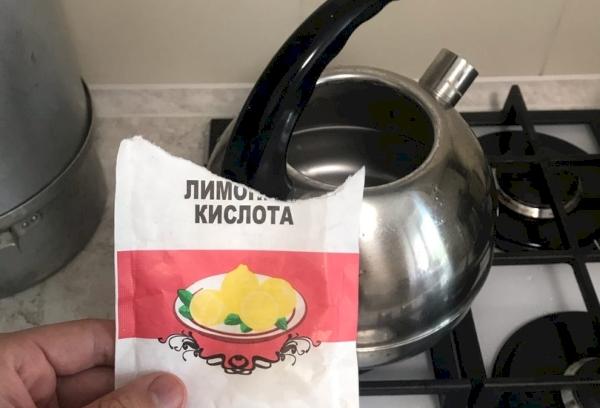
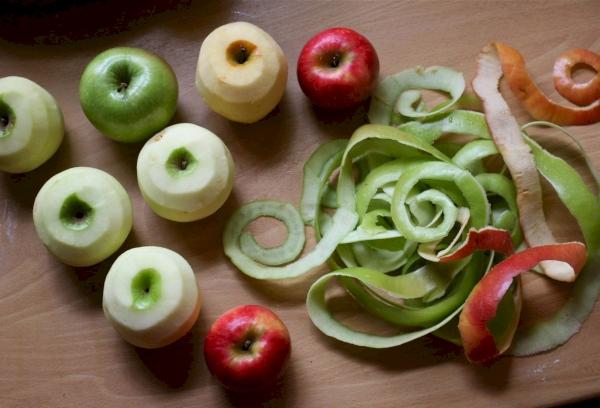
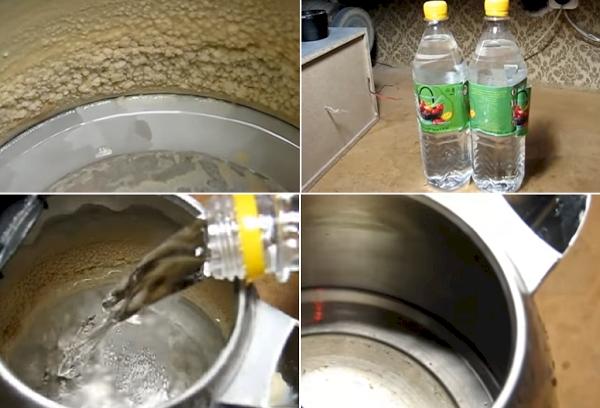
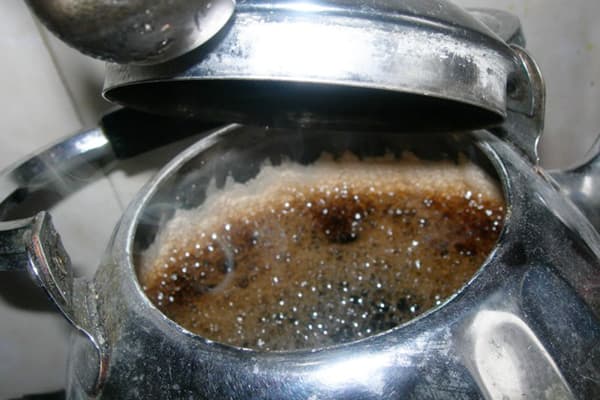
The article is certainly interesting. I won’t talk about the benefits and harms of water filters, I simply add 1 (cube) of acetic acid per 2 liters of water with a syringe, always when I pour a new portion of water into the kettle. There is no scale at all, the tea is brewed wonderfully, and milk does not skim when added to tea. I am also completely satisfied with the organoleptics. Doe must be determined experimentally, since the hardness of water is different everywhere. I literally tried 5 drops each and reached 1 ml.